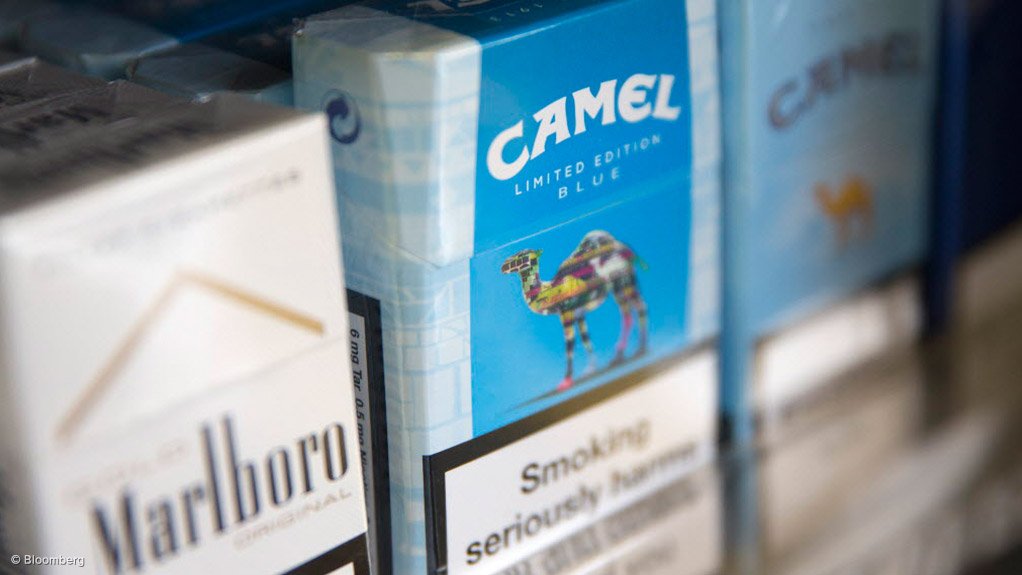The South African government will continue to implement the ban on the sale of liquor and cigarettes throughout the Covid-19 lockdown period, it said on its official Twitter page on Wednesday.
The government's reason for this decision is to “save lives and protect the health and well-being of our people”, it said.
The ban came into effect at the start of the lockdown on March 27. The ban on liquor was briefly suspended on July 1, but was reinstated with immediate effect on July 12.
The government said it had seen a surge in alcohol-related injuries since the relaxation of the ban, putting strain on health-care facilities.
For example, the government said, 2% of stabbing incidents, which were most common among trauma cases relating to alcohol, would require a patient to be admitted to the intensive-care unit for an average of five days.
In incidents of blunt-force trauma, which were even greater, 72% of patients required admission to hospital, of whom 25% would need to be admitted to ICU for an average of nine days.
Given this data, the government believes the ban will limit alcohol-related admissions and visits to hospitals and in turn limit people's exposure to and transmission of the coronavirus.
Meanwhile, a second study conducted by researchers at the University of Cape Town has found that the price of bootleg cigarettes has soared during lockdown and that the ongoing ban has proven to be a bonanza for the black market, with negligible public health benefit.
An initial study conducted by the university during the first five weeks of the country’s lockdown showed that 16% of smokers had quit smoking due to the ban.
However, the number of smokers sharing cigarettes has since risen from 1.7% to 8.9% and cigarette prices have soared by some 250% compared to pre-lockdown market prices, the new study shows.
The study also found that retailers, who accounted for 53% of tobacco sales, have declined to 0.3% and cigarettes are now being traded via “informal channels”, such as spaza shops and street vendors, who now account for 36% of ongoing tobacco sales.
The study revealed that for every month the government continues to ban tobacco sales, it loses at least R1-billion in revenues.
EMAIL THIS ARTICLE SAVE THIS ARTICLE
To subscribe email subscriptions@creamermedia.co.za or click here
To advertise email advertising@creamermedia.co.za or click here











